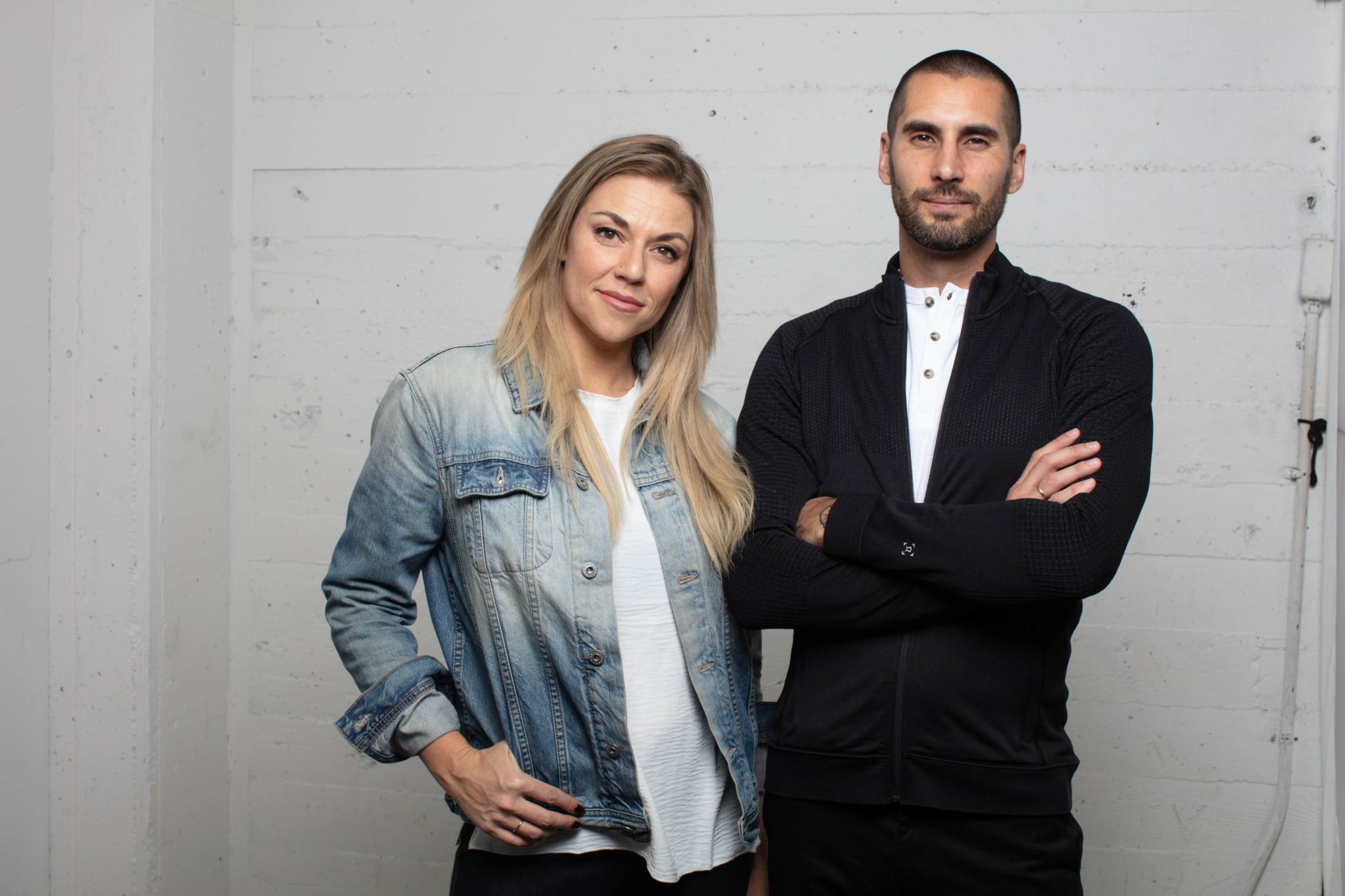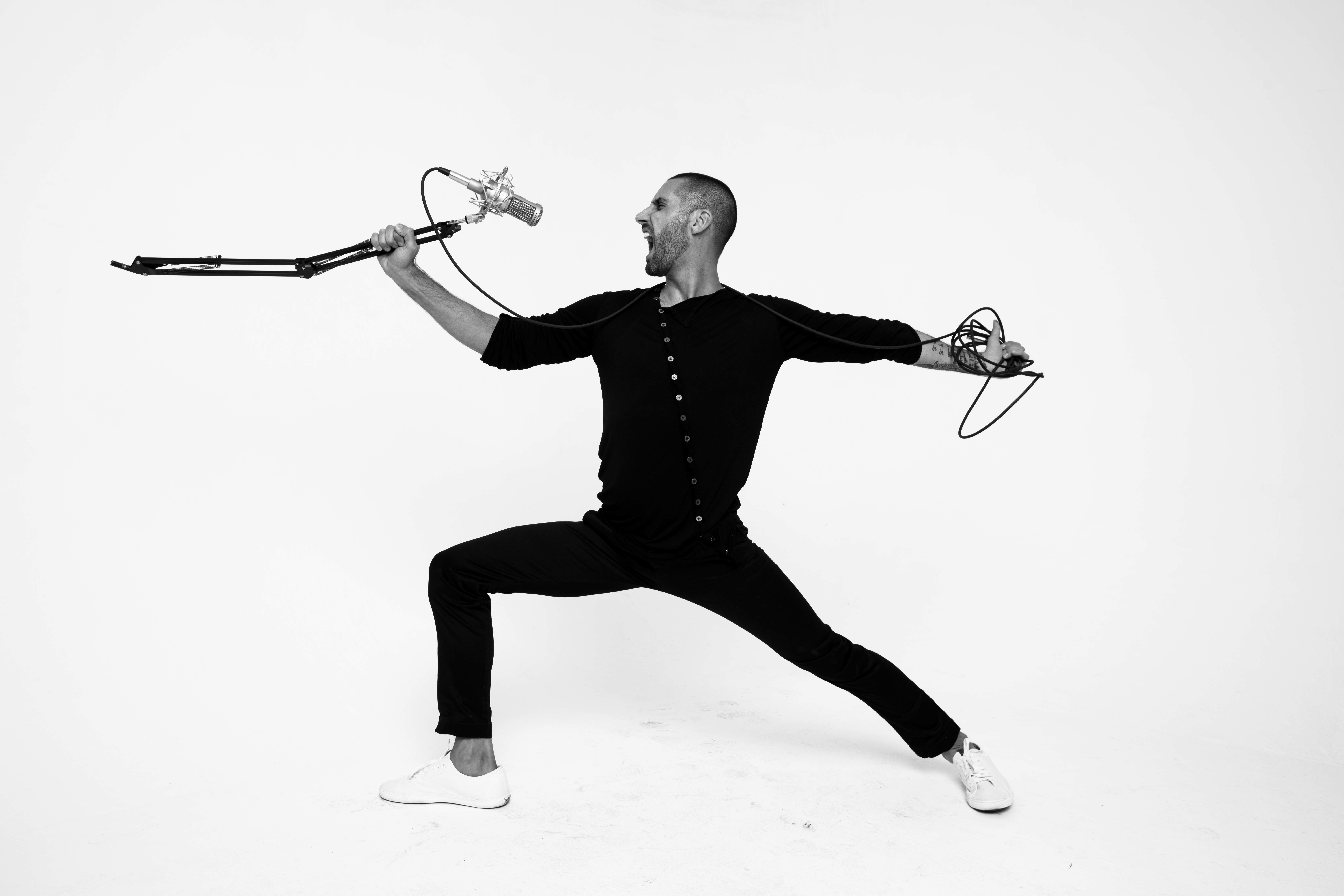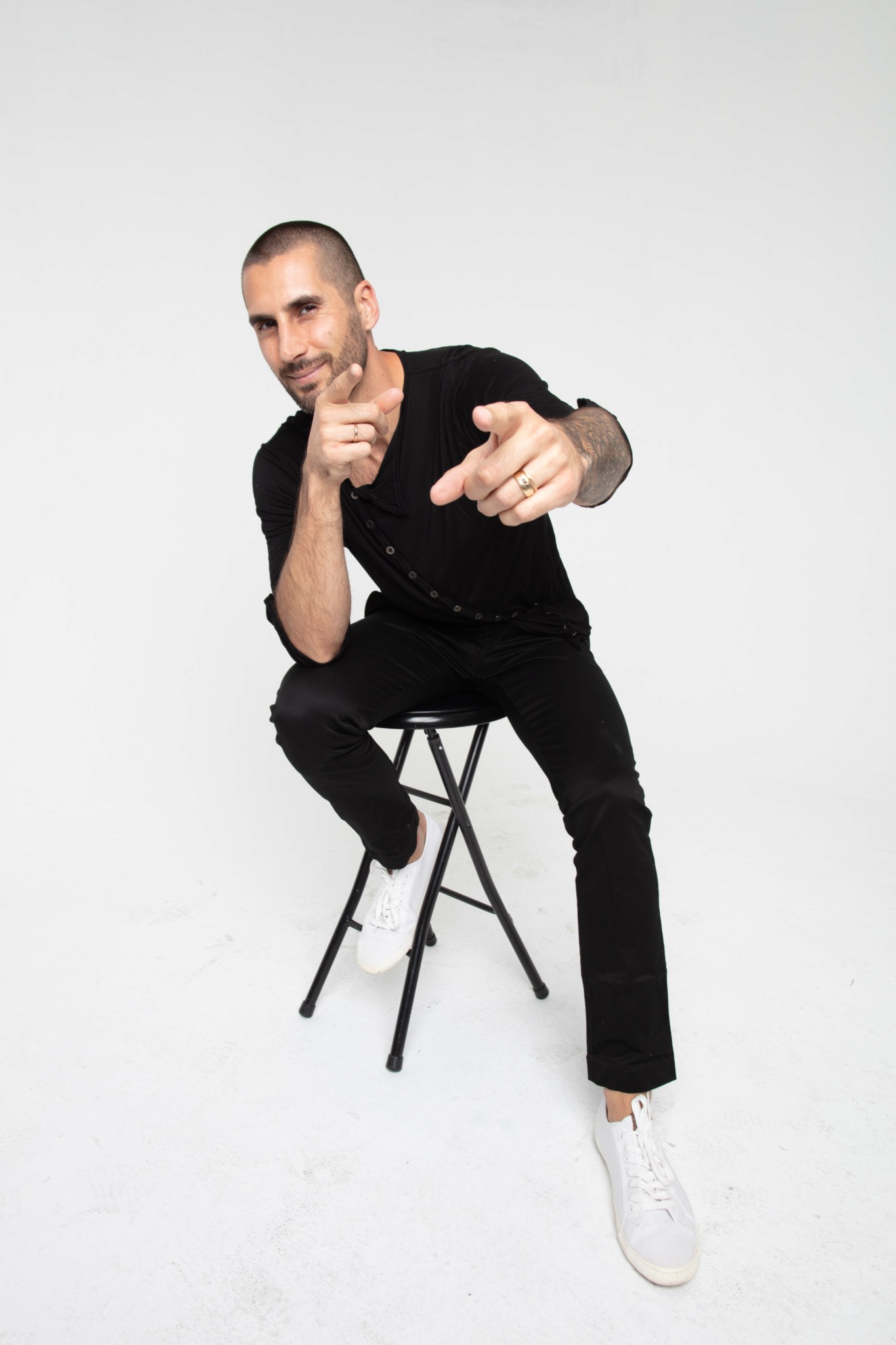We recently connected with Barry Kostabi and have shared our conversation below.
Barry, thanks for joining us, excited to have you contributing your stories and insights. Let’s start with a fun one – what’s something you believe that most people in your industry (or in general) disagree with?
I believe that fitness isn’t selling because it’s still being marketed like it’s about changing your body.
That’s what the industry’s been pushing for decades—before-and-afters, “get shredded,” “burn calories,” “summer body” nonsense. It’s deeply ingrained. But here’s the truth I’ve seen again and again: what actually gets people to walk through your doors—and keep coming back—isn’t the workout. It’s the way they feel during and after. Emotionally, not just physically.
I didn’t always think this way. Early in my career, I was part of big-name studios, surrounded by people chasing perfection—often burning out in the process. I started noticing something strange: classes could be technically amazing, led by talented instructors, but still… fall flat. People would try it once and never return. Meanwhile, other studios with less polish but more heart had clients who showed up religiously.
It clicked when I started teaching myself and got feedback like: “That made me feel like myself again.” Or “I forgot how strong I am.” That’s when I realized: the real product isn’t the method. It’s the experience—the music, the message, the moment people remember.
Now, through my brand strategy work with Fitcarma, I help studios and instructors build emotionally resonant brands and unforgettable class experiences—because that’s what people are truly looking for: connection, clarity, and a feeling they want to come back to.
Not everyone agrees. Plenty of studios still think they’re just one trendy format or marketing funnel away from success. But I’ve seen what happens when you stop trying to compete on workouts—and start leading with what makes your brand feel different.
That’s where the magic is. And that’s where the future of fitness is headed.

Awesome – so before we get into the rest of our questions, can you briefly introduce yourself to our readers.
I graduated with a degree in psychology and a lifelong obsession with storytelling. I’ve always believed in its power—not just to entertain, but to change behavior, shift perspective, and shape culture. At the time, I didn’t know what to do with that. So I did what a lot of people do when they’re passionate about self-growth and service: I became a fitness professional.
Movement, like story, has a way of revealing who we are. It rewrites the script of what we believe is possible. And somewhere along the way, I realized I could bring those two passions together: to help fitness businesses tell better stories. Stories that actually mean something. Stories that make people feel something. Stories that help people come home to themselves—not just chase “the best shape of your life,” whatever that’s supposed to mean.
Today, I run a company called Fitcarma with my wife and business partner, Shay. I lead the Brand Strategy side—helping studios clarify their message, refine their identity, and position themselves in a way that creates emotional connection and long-term loyalty. Shay leads the Experience Architecture side—making sure the product (classes, training, team culture) actually delivers on the brand’s promise. That alignment is what sets brands apart in a crowded industry. And it’s what we’re best at—helping already-successful studios evolve into unforgettable brands.
We offer everything from VIP brand intensives to full strategy labs, brand messaging systems, and Playbooks that document the experience so teams across multiple locations can deliver it consistently. We also run a platform called The Group X Conservatory, where instructors can grow beyond certifications and become the kind of leaders that keep clients coming back—not just for the workout, but for the way they feel in the room.
One of my proudest moments was helping Ripple Club, a studio based in Singapore, expand into other countries. We gave them a brand strategy and messaging foundation that allowed different marketing teams to communicate the same soul across cultures, languages, and locations. That’s what good branding does—it transcends formats and trends. It gives people something to believe in.
If there’s one thing I want people to know, it’s this:
Fitness isn’t failing because people lack discipline. It’s failing because the industry keeps selling workouts instead of experiences. Instead of hope. Instead of belonging. We’re here to change that—one brand at a time.
How’d you meet your business partner?
My cofounder is also my wife—but it wasn’t always that way.
We met in 2012 in Dubai, of all places. At the time, we were both working for a boutique fitness brand called Flywheel, which had taken off in New York and was beginning to expand internationally. A wealthy family in Dubai had decided to open a location and needed talent to bring the brand to life. I happened to be in Dubai at the time, heard about the opportunity, and landed a role as both instructor and studio manager.
Not long after, the company began rolling out a new format called FlyBarre, and Shay—who was a master trainer at the corporate level in NYC—was flown out to train me. We were both with other people then, but we had an instant connection. The kind of connection that turns a few training sessions into hours-long conversations and a sense that we were meant to keep knowing each other.
After she left, we kept in touch. Voice notes over WhatsApp turned into a daily ritual. Years passed. We went from colleagues to collaborators to best friends. Somewhere along the way, without even meaning to, we fell in love. Seven years later, we got married in Shanghai. Today, we’re raising our daughter and running our business together.
People are often surprised by how well we work together, but honestly—it works because our strengths are so complementary. I lead the brand strategy side of our company, helping fitness businesses clarify their story and positioning. Shay leads the experience design side, ensuring the actual product delivers on that promise. We call it alignment between message and method—and it’s the secret behind unforgettable brands.

What do you think helped you build your reputation within your market?
Honestly? Our podcast. We launched it back in 2016, before podcasting was as common as it is now. At the time, we weren’t trying to build a reputation—we were just passionate about having real conversations around the deeper issues in the fitness industry.
But looking back, it’s been one of the most powerful tools we’ve ever had. It helped establish us as thought leaders, gave us a platform to share ideas that weren’t being talked about, and most importantly—it opened doors to relationships we never would’ve had otherwise.
Podcasting creates a unique kind of intimacy. You sit down with someone, phones off, and have a focused, vulnerable conversation about something you both care deeply about. That kind of connection sticks. Some of our closest collaborators and most exciting opportunities came directly from guests we interviewed. It’s not just a marketing tool—it’s a relationship builder. And in a people-first industry like fitness, that’s everything.
Contact Info:
- Website: https://www.fitcarma.com
- Instagram: https://www.instagram.com/fitcarmahq
- Youtube: https://www.youtube.com/@fitcarma
- Other: https://www.fitcarma.com/podcast


